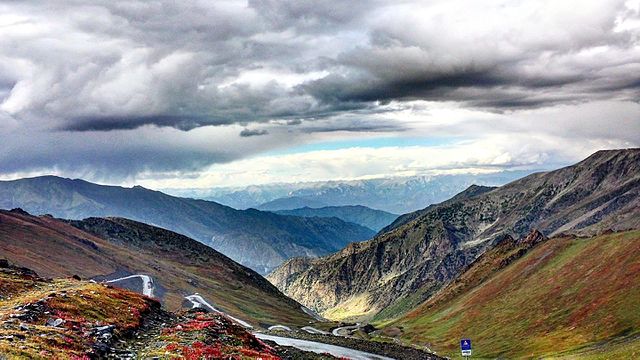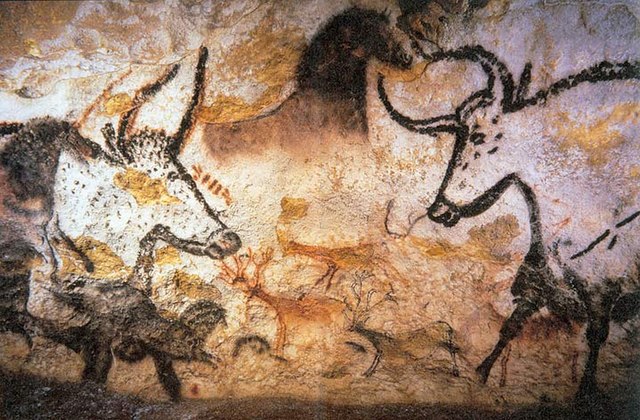In world history, post-classical history refers to the period from about 500 CE to 1500 CE, roughly corresponding to the European Middle Ages. The period is characterized by the expansion of civilizations geographically and the development of trade networks between civilizations. This period is also called the medieval era, post-antiquity era, post-ancient era, pre-modernity era, or pre-modern era.
Leonardo Bruni, Renaissance historian who helped develop the concept of "Middle Ages"
Piquillacta was an administrative urban center of the Wari Empire, a South America Andean civilization that thrived from the 5th to the 8th century.
Siege of Antioch (picture from c. 1280.) Religious wars were common in post-classical times. One of the largest was the Crusades.
Pakistan's Babusar Pass, part of the Silk Road
Modern humans evolved in Africa around 300,000 years ago and initially lived as hunter-gatherers. They migrated out of Africa during the Last Glacial Period and had populated most of the Earth by the time the Ice Age ended 12,000 years ago.
"Lucy", the first Australopithecus afarensis skeleton found. Lucy was only 1.06 m (3 ft 6 in) tall.
Cave paintings, Lascaux, France, c. 17,000 BCE
Venus figurine, Germany, c. 37,500 BCE
A pillar at Göbekli Tepe








